On the morning of June 5, continuing the program of the 5th Session, the National Assembly listened to a report on the draft Law on Housing (amended). This draft law amendment adds new regulations on housing development policies for the armed forces.
At the meeting, the National Assembly listened to Minister of Construction Nguyen Thanh Nghi, authorized by the Prime Minister, present the Report on the draft Law on Housing (amended).
Supplementing regulations on housing development for armed forces
Minister of Construction Nguyen Thanh Nghi affirmed: The development of the Housing Law (amended) aims to amend and perfect the provisions of the 2014 Housing Law to suit the actual situation, remove existing problems and limitations, ensure constitutionality, consistency and synchronization between the provisions of the Housing Law (amended) and other relevant laws.
In particular, it is necessary to promptly institutionalize the Party's guidelines and policies and the State's policies on housing development for the people, especially low-income people and the poor who are unable to create housing according to the market mechanism.
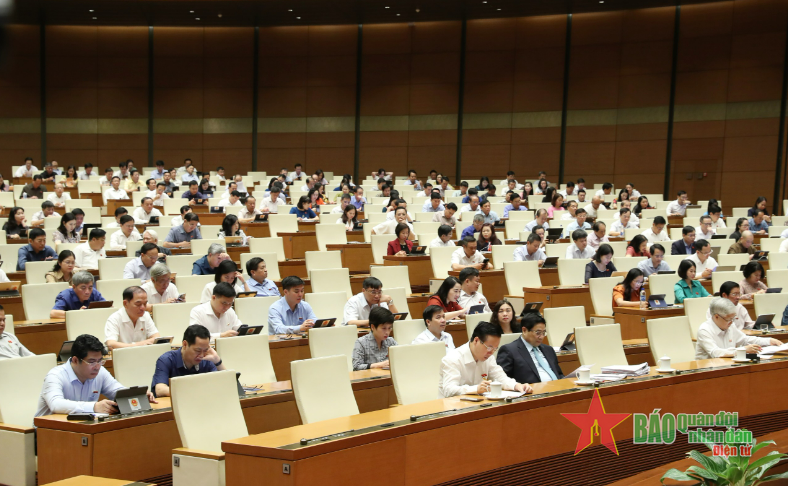 |
| Party and State leaders and National Assembly deputies attend the meeting. Photo: Tuan Huy |
Notably, the draft law stipulates a number of new points on social housing policy.
Accordingly, compared to the 2014 Housing Law, the draft Housing Law (amended) has a number of new points. That is, amending and supplementing regulations on: Subjects, forms and conditions for enjoying social housing support policies; types of social housing investment projects; Types of social housing; land for social housing construction; selection and incentives for investors in social housing construction projects; determining selling prices, rental prices, and hire-purchase prices for social housing not invested in and built by the State; principles for selling, renting, and hire-purchasing social housing.
At the same time, the draft law adds regulations on: Forms of social housing development; requirements for social housing construction investment projects; determining the selling price of social housing invested by the State; time for appraisal of selling price and rental price of social housing; responsibilities of the Ministry of Construction and local authorities.
In particular, the draft law adds two new regulations on policies for developing industrial park worker accommodation and developing housing for armed forces.
Accordingly, Article 99 of the draft law on housing development plans for armed forces stipulates: The Ministry of National Defense and the Ministry of Public Security are responsible for determining the needs and developing housing development plans for armed forces for the subjects according to the process and submitting them to the Prime Minister for approval after receiving consensus from the Ministry of Construction. Based on the housing development plan for armed forces approved by the Prime Minister, the Provincial People's Committee is responsible for arranging land funds to develop housing for armed forces. Article 100 of the draft law on housing development for armed forces stipulates: The State invests in building housing for armed forces using state budget capital, national bonds, bonds, official development assistance capital, preferential loans from donors, and state development investment credit capital on land areas identified for building housing for armed forces for the subjects as prescribed in the draft law. |
Need to pay attention to social housing and housing for workers in industrial parks
Representative of the examining body, Chairman of the National Assembly's Law Committee Hoang Thanh Tung expressed his approval of the comprehensive amendment of the Housing Law for the reasons stated in the Government's Submission. At the same time, he requested the drafting agency to continue researching and reviewing to fully institutionalize the Party and State's policies on housing, in which it is necessary to pay attention to the issue of social housing and housing for workers in industrial zones; strongly decentralize and delegate power to local authorities, ensuring clarity of responsibilities and conditions for implementation.
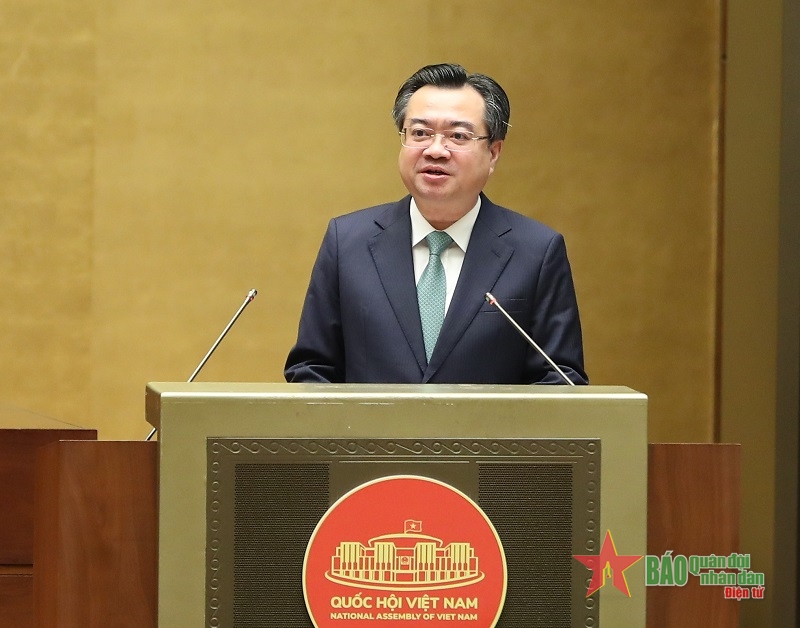 |
| Minister of Construction Nguyen Thanh Nghi reports at the meeting. Photo: Tuan Huy |
In particular, regarding the allocation of land funds for social housing construction, the draft law stipulates that the allocation of land funds for social housing development is the responsibility of the provincial People's Committee; the provincial People's Committee is responsible for reporting to the People's Council of the same level on allocating a certain proportion of the funds collected from land use fees and land rents of commercial housing and urban area investment projects in the area to carry out compensation, site clearance (if any) and invest in the construction of technical infrastructure systems for social housing investment projects or investment in the construction of social housing projects.
Chairman Hoang Thanh Tung said that the majority of opinions in the Law Committee agreed with the provisions of the draft law. However, to ensure transparency, feasibility and enhance the responsibility of local authorities in implementation, it is proposed to add regulations on the minimum percentage of land use fees and land rents of commercial housing projects and urban areas that the local budget receives must be spent on social housing development.
In addition, the Law Committee found that, according to the provisions of the current Housing Law, in addition to allocating 20% of the land fund, investors in commercial housing projects and urban areas must also invest in synchronous technical infrastructure for the land used for social housing construction. If only the land use fee and land rent are deducted, it is still essentially taken from the state budget. Therefore, it is proposed to study additional regulations on the responsibility of contributing to the construction costs of social housing of investors in commercial housing projects and urban areas.
GRASSLAND
Source


![[Photo] Emotional and proud flag-raising ceremony and military review on Truong Sa island](https://vphoto.vietnam.vn/thumb/1200x675/vietnam/resource/IMAGE/2025/5/31/9b52525fce6f433083cd0a5bfee59f49)
![[Photo] Crane falls on container truck and car at traffic construction site](https://vphoto.vietnam.vn/thumb/1200x675/vietnam/resource/IMAGE/2025/5/31/a8d3ae08da324cfe8ee406174c0eacc4)

![[Photo] Prime Minister Pham Minh Chinh chairs a Dialogue with businesses and business associations](https://vphoto.vietnam.vn/thumb/1200x675/vietnam/resource/IMAGE/2025/5/31/b606d6f6ff584fa28af9f353c91bf15d)


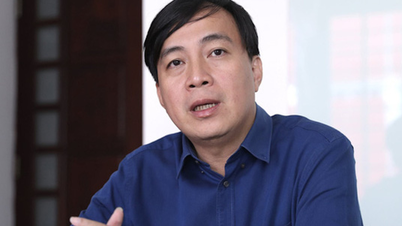

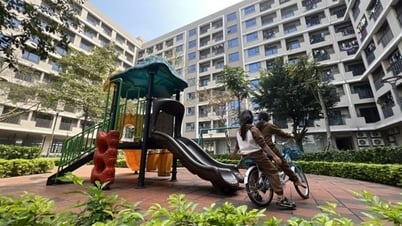

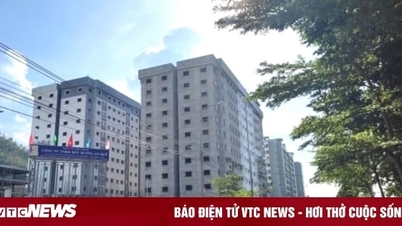

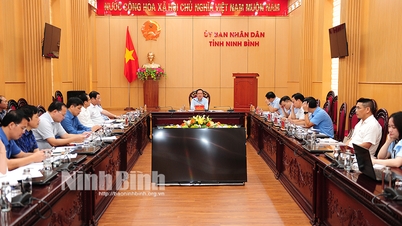

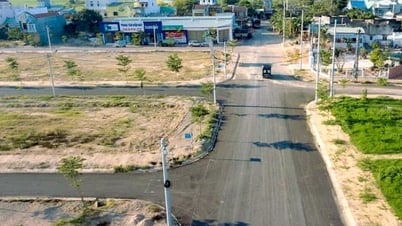






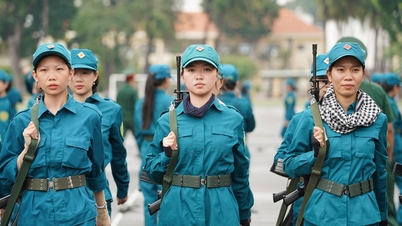
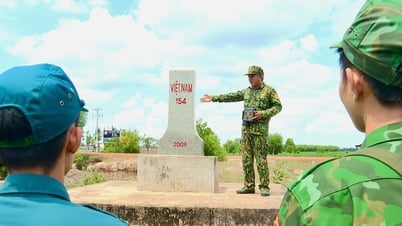

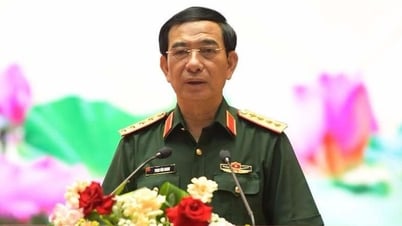
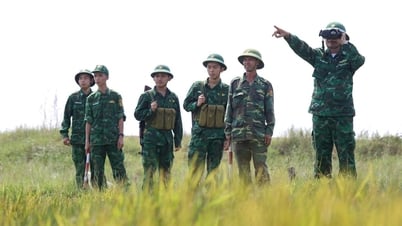




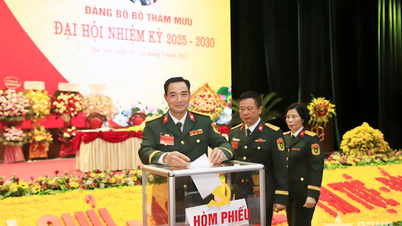
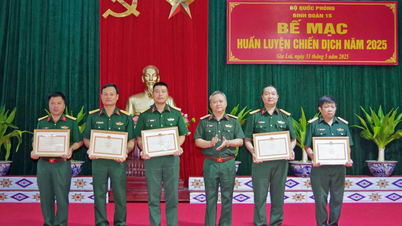
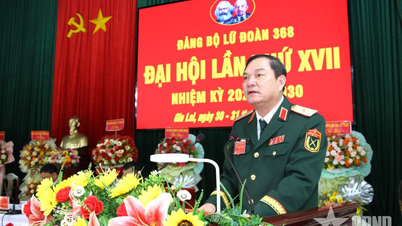
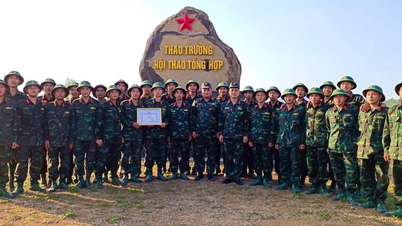
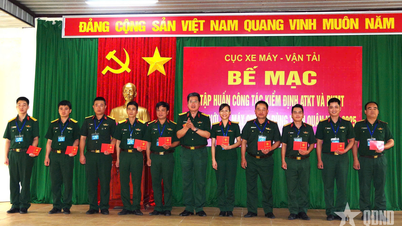
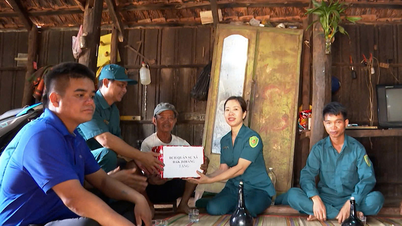









































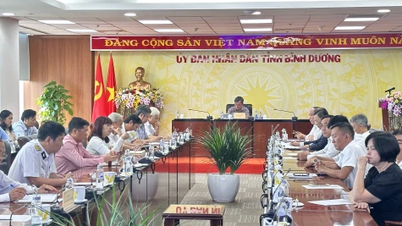



















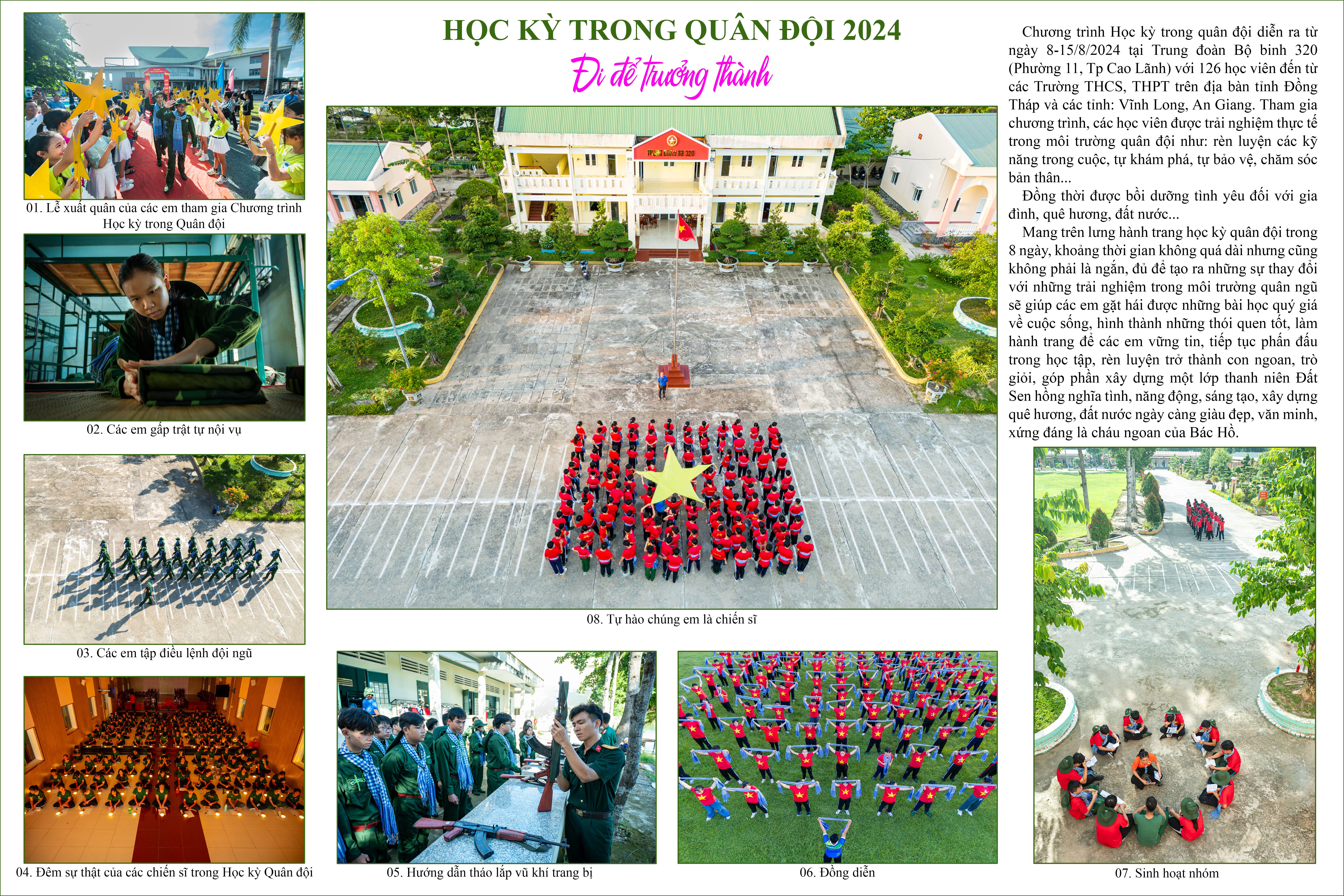



Comment (0)